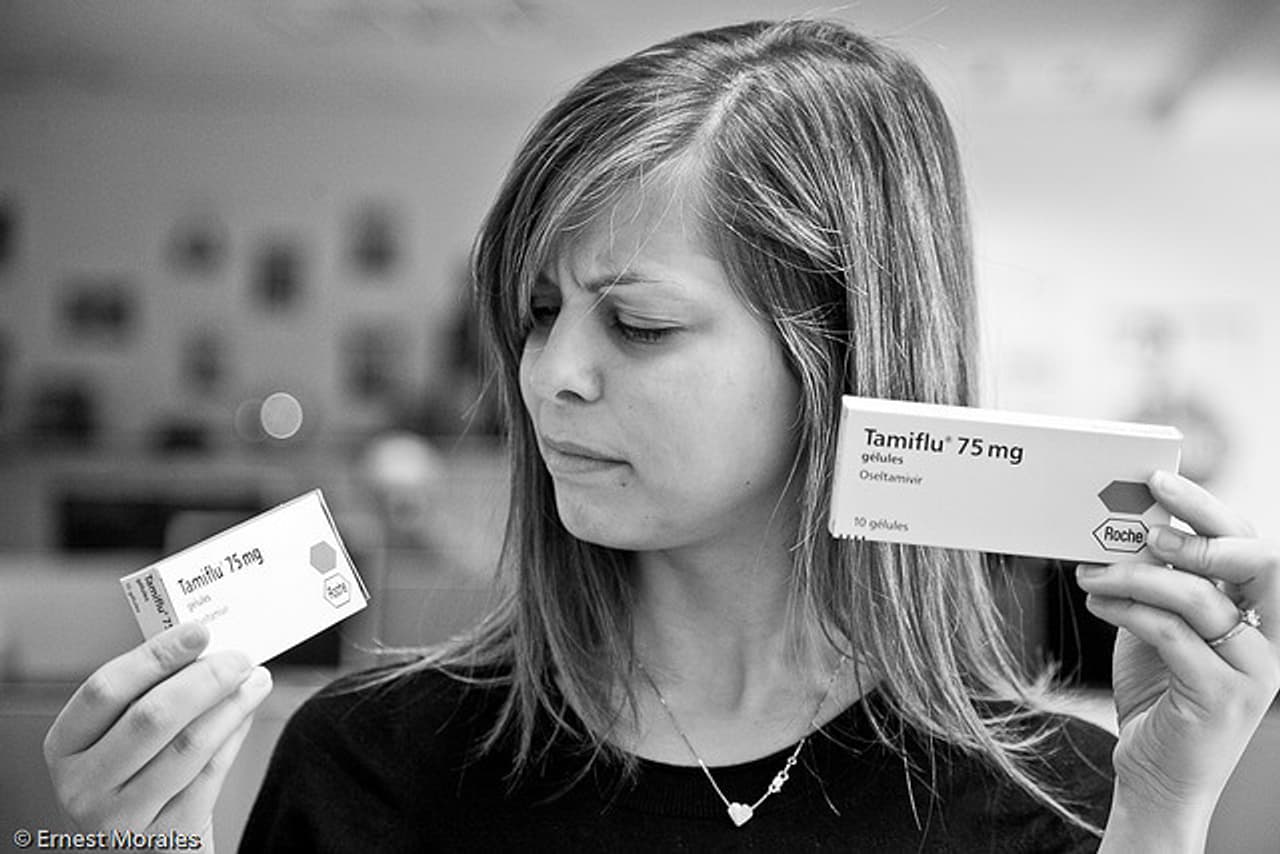
Analysis: Will Cochrane findings mean Tamiflu prescriptions dry up?
What impact will the comprehensive and highly critical investigation into Tamiflu published in the British Medical Journal today have on use of the influenza drug in Britain?
Investigators from the Cochrane collaboration, which reviews evidence for medical treatments, found Tamiflu could reduce the length of time people with the virus suffered symptoms. But they were unable to show that it reduced the risk of potentially lethal complications such as pneumonia. They also found evidence from one trial that Tamiflu could ‘inhibit the body’s ability to mount a normal immune response to influenza’.
The Cochrane reviewers have accused Tamiflu’s manufacturer, Roche, of failing to supply all the data from clinical trials.
The UK government has spent hundreds of millions of pounds stockpiling the drug for use in a future pandemic following the bird flu scare in 2005. According to official statistics the NHS in England also spent £245,000 on some 16,000 Tamiflu prescriptions in 2010.
It’s unclear whether the Department of Health or NHS will be changing its policy on Tamiflu in the light of the Cochrane findings.
But if the NHS’ experience with another drug with a challenged evidence base is anything to go by, there will be little change.
A report on the anti-depressant reboxetine (Edronax) published in the BMJ last year not only showed that Edronax doesn’t work any better than a sugar pill but also revealed that the manufacturer, Pfizer, hadn’t published data showing the drug’s effects on almost three quarters of the patients it was tested on.
The study was carried out by IQWIG, the German equivalent of NICE. Its decided to investigate reboxetine in part because the US licensing authority, the Food and Drugs Administration (FDA) refused it a licence in 2001.
The published data found the drug worked better than placebo. But when unpublished data was taken into account, covering 74% of the patients analysed in the study, no significant difference was found between the drug and placebo – except that the drug had side effects. Also, whereas the published data showed no significant difference between reboxetine and another class of anti-depressants called SSRIs, the complete data showed that reboxetine was inferior.
In 2010 the NHS spent £838,400 on 50,000 Edronax prescriptions in England. In the first quarter of 2011, the bill was £187,096. In the second quarter, £187,432. By the third quarter spend had fallen slightly to £184,244. The final figures for 2011 should show a significant fall in prescribing compared with 2010, but given that this is a drug found to be no better than a placebo, it’s hard to understand why it’s being prescribed at all.
The question now is, will Cochrane’s less damning but nonetheless challenging review of Tamiflu similarly fall on deaf ears?




